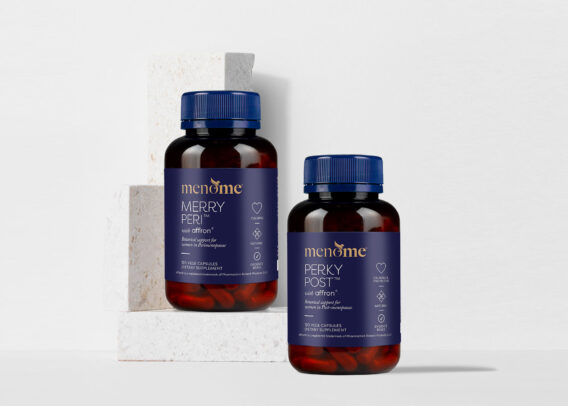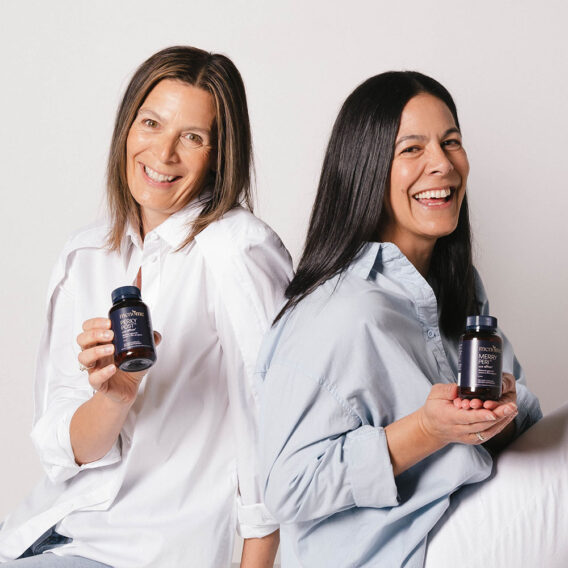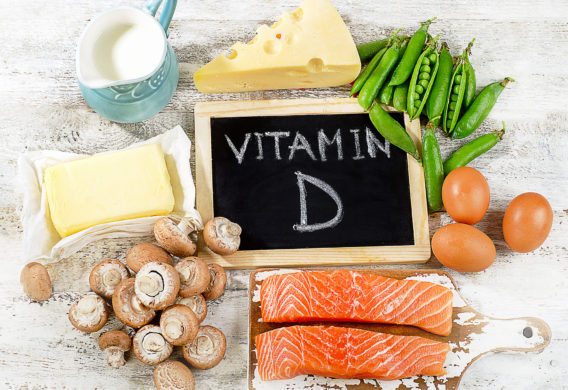
HRT or Supplements? What to Do If Hormone Therapy’s Not for You
HRT or supplements – what do you do when HRT (now known as MHT) is a no-go? Good question! Research shows that up to 40% of women experience mood changes

HRT or supplements – what do you do when HRT (now known as MHT) is a no-go? Good question! Research shows that up to 40% of women experience mood changes

Drumroll, please…welcome Merry Peri® and Perky Post®. 💙 We searched high and low for the best natural ingredients to support menopause – and that’s how these two beauties were born. Many

Are you wondering how best to use Merry Peri® and Perky Post®? Well, stand by and let’s address a few of your most common questions. Is Merry Peri® or Perky Post® best for

Say hello to the sunshine vitamin! Vitamin D3 is often called the sunshine vitamin which feels so good, doesn’t it? And that’s because our best source of D3 is via

Vitamin D is essential for everyone, but especially for women in peri and post-menopause. Indeed, it’s vital to bone health, hair health, mood and can help with aches and pains.

Who is MenoMe®? MenoMe®’s a small business based in New Zealand run by women for women. Team MenoMe® There are a core of three of us working with you and

20% off bundles + FREE Damn Right I’m Lippy lip balm*
(Bundles qualify for free shipping)
* Offer ends 11:59pm Wednesday 25th March NZT
This is the time when menstruation is well and truly over, the ovaries have stopped producing high levels of sex hormones and for many ladies, perimenopause symptoms subside.
Estrogen has protective qualities and the diminished levels mean organs such as your brain, heart and bones become more vulnerable. It’s also a key lubricant so your lips may become drier, your joints less supple and your vagina might be drier. In addition, your thyroid, digestion, insulin, cortisol and weight may alter.
At this juncture, a woman might experience an increase in the signs of reduced estrogen but she should have a decrease of perimenopause symptoms. That said, some women will experience symptoms like hot flushes for years or even the rest of their lives.
Peri = ‘near’
Most females begin to experience the symptoms of perimenopause in their mid-forties. Your progesterone levels decline from your mid-30s but it’s generally from around 40 that the rest of your sex hormones begin to follow suit.
Perimenopause is a different experience for every woman and some women may barely notice it. The first indicators are usually changes to the monthly cycle. This means that for some ladies, this can be accompanied by things like sore breasts, mood swings, weight gain around the belly, and fatigue as time goes on.
For those with symptoms it can be a challenging time physically, mentally and emotionally.
Importantly, perimenopause lasts – on average – four to 10 years. The transition is usually a gradual process and many women enter perimenopause without realising.